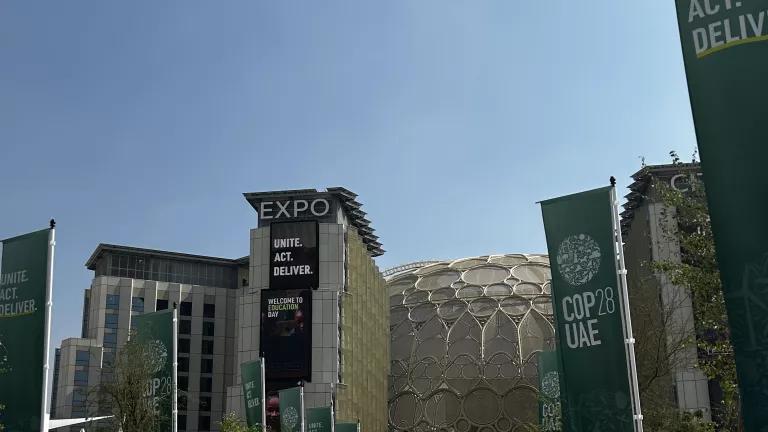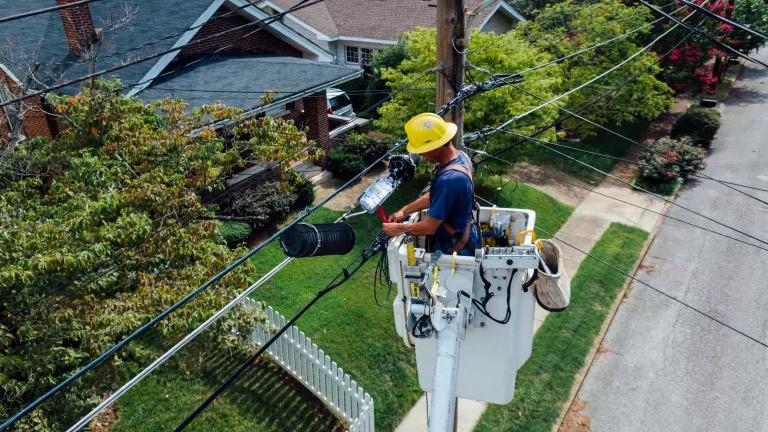
The California Assembly late yesterday passed a bill that will ensure low-income renters are not left behind by California’s clean energy investments.
Assembly Bill 1088 (sponsored by Assembly Member Susan Eggman) will increase the accessibility of California’s diverse offerings for the multifamily rental housing sector, and put California on a path to increase clean energy investments in these buildings, ensuring all residents benefit from California’s clean energy leadership.
Lower-income residents, 70 percent of whom are renters, face disproportionately high energy bills and significant affordability challenges. Consider that of the four million California households living in multifamily apartments, nearly half make 200 percent of federal poverty guidelines or less—$32,000 for a family of two.
Still, in California, multifamily-specific energy efficiency programs receive less than five percent of statewide funding and operate on unpredictable start-and-stop cycles. The multitude of available programs are also difficult to access and vary widely by service territory, measure offerings, and income eligibility requirements. This is all thoroughly documented in the California Energy Commission’s CEC’s recent Senate Bill 350 low-income barriers report.

AB 1088 takes the following steps to improve access to clean energy programs for multifamily dwellings:
- Directs the Energy Commission to work with relevant state agencies to streamline and coordinate enrollment in programs, and to create a website and single multi-lingual application for multifamily residential property owners and residents to identify applicable programs;
- Creates a multifamily expert advisory committee, inclusive of owners of all multifamily property types as well as tenant and affordable housing experts, to assist the Energy Commission in designing policies and programs that meet the needs of owners and tenants of multifamily buildings and to ensure this sector helps meet the state’s 2030 clean energy and climate goals; and
- Directs the Energy Commission to set non-binding statewide 2030 targets for energy and greenhouse gas savings from the multifamily property market, based on strategies identified by the expert advisory committee, and commensurate with the state’s climate and efficiency doubling goals.
With AB 1088, California will experience greater greenhouse gas reductions, energy bill savings, job creation, economic output, and public health benefits—all due to increased levels of property improvements that benefit owners and renters, while safeguarding rents.
The California Assembly showed great leadership yesterday in making sure all Californians, including renters and low-income customers, benefit from California’s growing clean energy economy. The bill is now headed to the California Senate.



